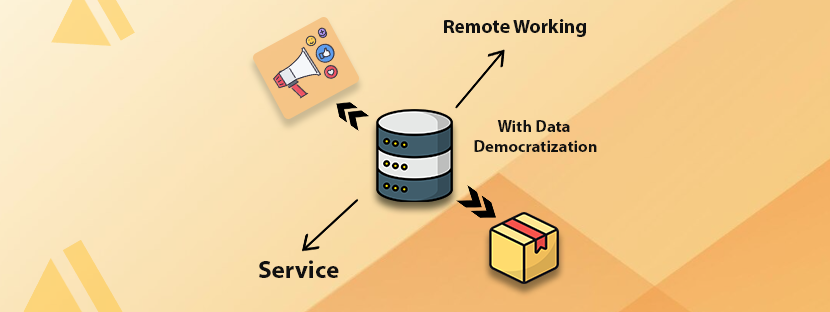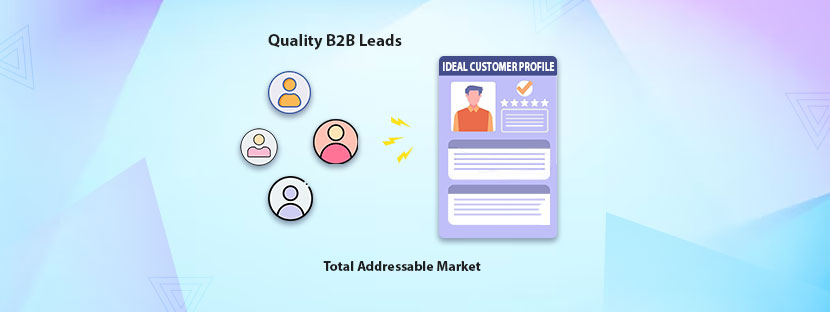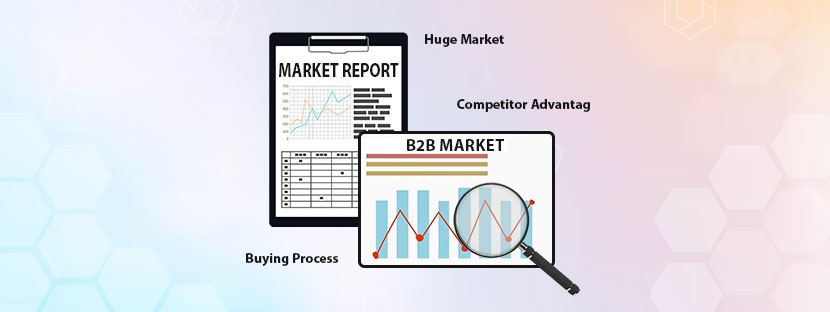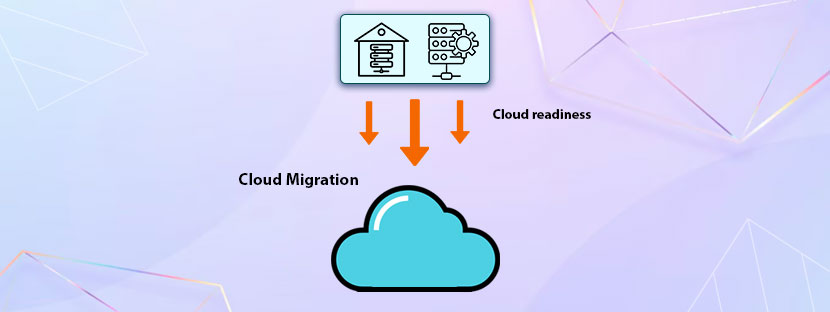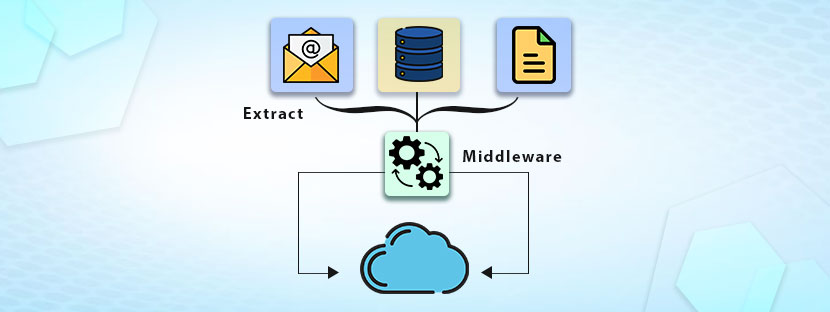Modern data-driven organization culture is primarily based on a democratic data structure. It empowers employees and stakeholders to access data without any restrictions. As a result, organizations can move fast when they democratize their data.
Let’s talk about how data democratization helps organizations bring a data-driven culture in this blog. We’ll talk about some real-life examples of organizations that have democratized their data and brought excellence through that.
Democratic data is the key to remote working
As we all know, the democratizing process of data makes it accessible to a wide range of employees across the organization. It’s a key tool that brings digital transformation into organizations. Organizations that are seeking a digital transformation keep data democratization on board.
Remote working is no longer a concept; rather, it’s a reality now. The majority of the workforce underwent mandatory remote working during the pandemic. After that, many companies adopted the same practices as they found it more flexible. Moving the entire operation into digital space can make remote working easy and effective.
93% of businesses in the US have already decided to bring digital transformation into their operations. Data democratization can make things clear and effective. It makes the data sharing mechanism transparent. That means all the employees can access organizational data without any barrier.
Democratic data particularly helps when your employees are working remotely. They can access data whenever needed without any further approval from any departmental head (especially the IT team). Besides accessing the data, it makes the decision-making process faster and better. Welcoming a data-driven culture into organizational practices is a great thing that helps businesses sustain in a competitive environment.
Bring agility during changing times
To thrive in a complex data environment, having agility in leadership is a must. Data democratization is a way how organizations can bring agility into the process. It breaks dependency on any source or department for accessing the data. Basically, it reclaims all the data access by making it accessible for all.
Therefore, people/ employees within the organizations can access democratic data whenever needed for valid reasons. Therefore, data users across the organization can get all data insights at the same time whenever they are updated. It provides an immense benefit to the leadership for that. Because introducing changes at any point in time is possible. All employees can adopt the changes quickly and get all updated via the horizontal data flow mechanism.
Build data literacy. Educate people
Rejecting what the guts are saying and going by what the data is telling is the first glance of a data-driven culture. And at the next glance, you are seeing all the people handling the work with proper knowledge about the data.
Data literacy is a thing, and organizations must focus on that to develop a data-driven culture. Data literacy can be defined as the ability to read, write, and preaching data. To implement a data-driven culture at your organization, all you need to do is make sure everyone is data literate and knows everything about data. When the workforce is completely aware of the data, then it can maximize ROI from data initiatives.
Modern data-driven culture places more emphasis on quick decision-making, data confidentiality, and compliance. Data democratization can help organizations to bring a culture of data. It makes all the data accessible to all employees. It helps employees learn new things about data culture and make the overall operations data-driven.

Real-Life Examples of organizations that benefited from data democratization
We can understand the true essence of data democratization when we see how leading organizations use it to grow. Here in this section, we will see how some brands are empowering their teams to stay agile and competitive.
Netflix
When it comes to recommending movies or entertainment content, nothing can beat Netflix. It’s a content streaming platform and has democratized its data. The company allows its marketing, content, product, and data engineering teams to share the same database. It helps their teams deliver personalized recommendations to users. As all teams can access the data so it helps the company to come up with more precise content offerings. Again, having a democratic data environment helped the company to become a top-ranking streaming platform across the globe.
Coca-Cola
Coca-Cola maintains data democratization as its organizational culture. It empowers its sales and marketing team to come up with new ideas when launching new products. With time, the company has given data a supreme priority to stay competitive in the market. Because of the thriving data insights spread across the organization, the company is understanding its customers more.
Spotify
Spotify is the ultimate streaming platform for songs. It holds different categories of music from the latest to the classics, everything. Interestingly, Spotify has democratized its database among its internal teams. From the marketing team to the data scientist, the data is available to everyone. Therefore, they can collaborate easily when it comes to providing top of the top-of-the-world customer experience. Their internal data structure is transparent, so every department can focus greatly for the betterment of user engagement and the ultimate customer satisfaction.
Note: These companies are the early adopters of the data democratization process and are receiving its benefits. Also, they are proactive when it comes to adopting new technology or processes. That helps them stay competitive and resilient.
Build a culture of data resilience
Data democratization works perfectly fine when all departments of your organization get to understand the data. It’s important to incorporate data democratization for building a data-resilient culture in the organization. However, to democratize data, companies often face data mismanagement because every department manages data differently. Hence, hiring data management and processing experts for organizing data during the democratization process can be effective. You can outsource the experts for these temporary needs.
When you democratize data access, you can see a significant increase in productivity among your workforce. It’s not limited only to employees, but it also improves customer experiences and revenue-earning capacity of the company. Further, a democratic data culture makes everything transparent and ensures better accountability.

